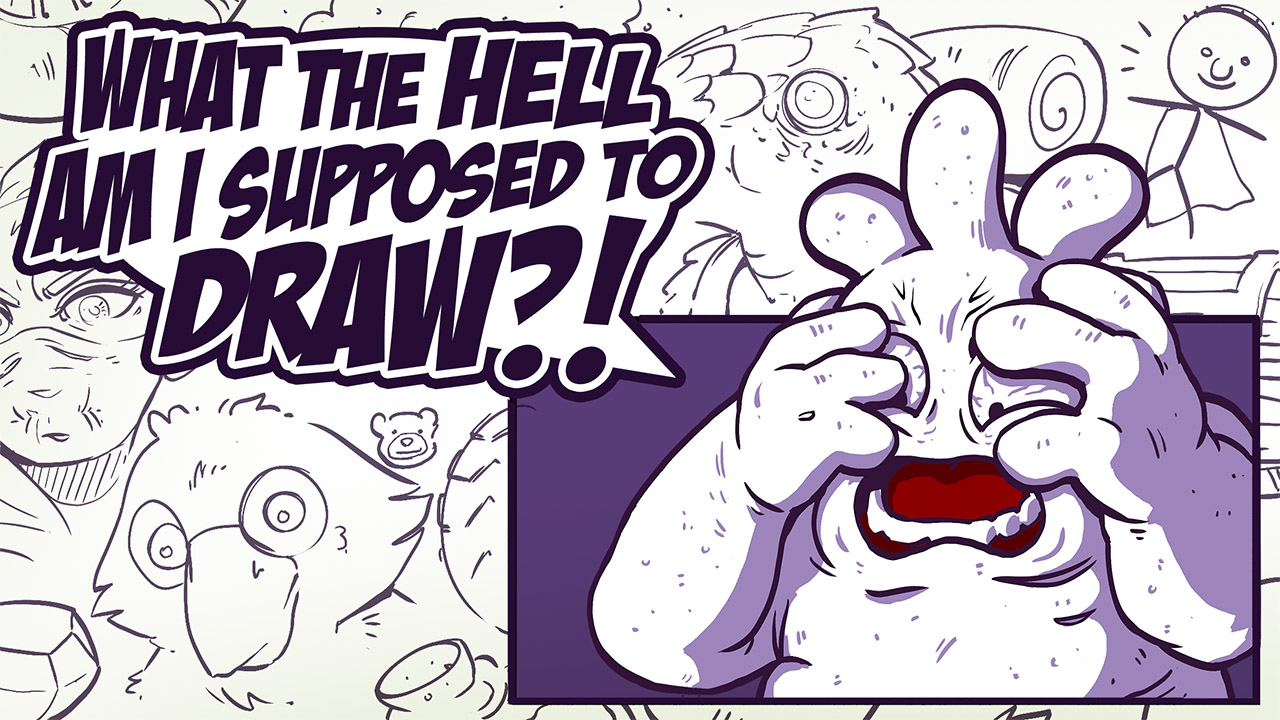9:12 PM, Saturday May 22nd 2021
Hello GoodBoy123! First of all, thank you so so much for your detailed and insightful critique. You really gave me a clear explanation about what can I improve and gave me useful links so I can read more about how to correct my mistakes.I will work towards being more confident with my lines and don't correct them.Also, I'll work on cleaner and aligned ellipses during my warm-ups. I'll make sure to use hatching in the boxes I draw from now on and I'll work hard on making that each set of parallel lines converge better during the 250 boxes challenge.
Lastly,but not less important, thank you for encouraging and congratulating me. I was a little bit scared of receiving a critique, but now I see why its important and it will help me to grow.
Nice day and thank you (again,hahah).






















